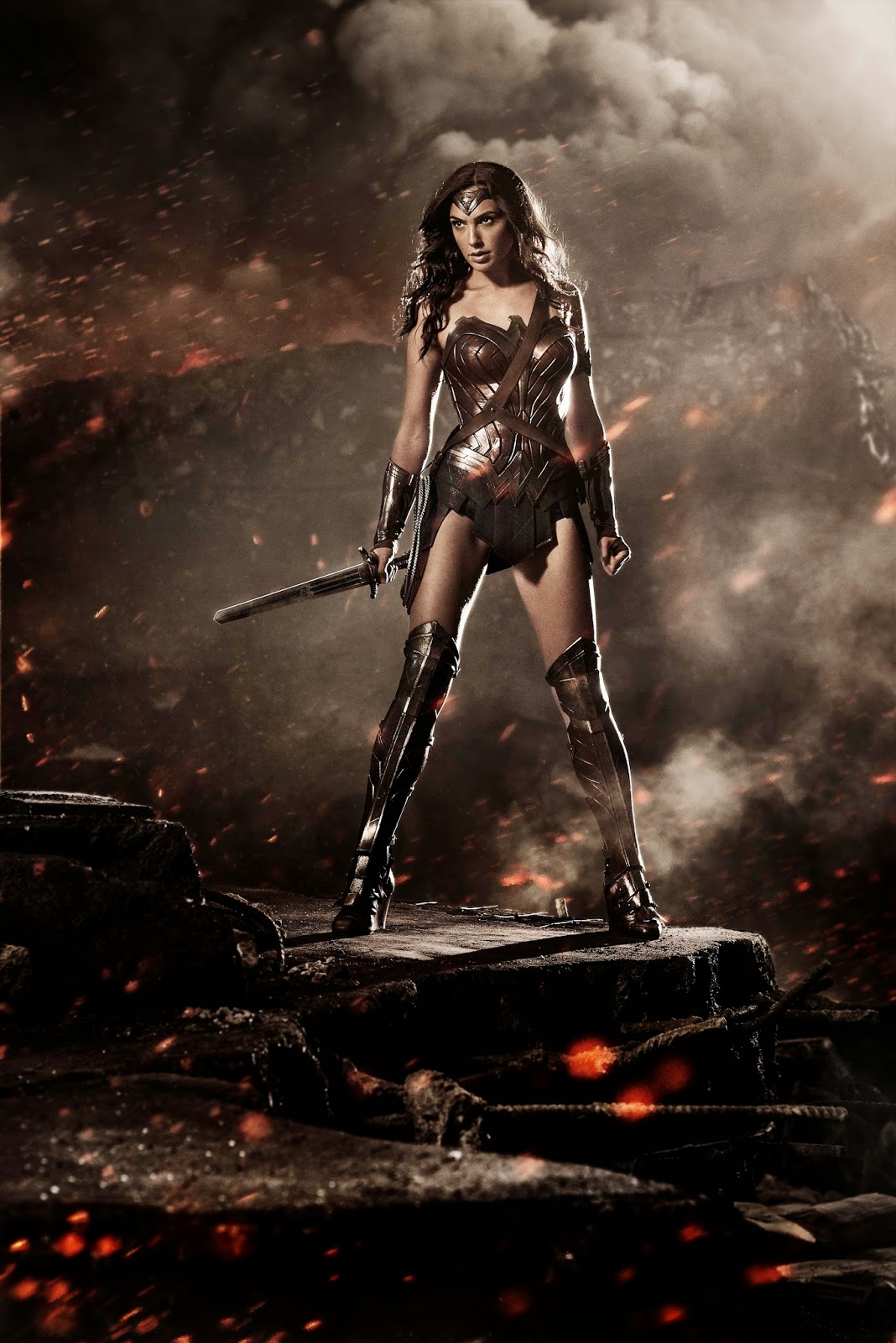For someone
who has barely read any comic books, I’ve spent a lot of time discussing movies
based off them. If anyone were to come up to me and say that I’m not qualified
to talk about comics and should therefore just stop together, I wouldn’t even
put up much of an argument, but the truth is that, for anyone who’s interested
in pop culture nowadays, it’s pretty much impossible to avoid talking about
Marvel, DC and the like. Geek culture, whether we’re talking about comic books
or Star Trek or A Song of Ice and Fire, is no longer a niche; in fact, it’s now not
only mainstream, but so
dominant that it has redefined the entertainment industry, shifting
perceptions of what projects are capable of finding an audience and lending
greater weight to pure hype and fan anticipation in marketing. While some
protectiveness is understandable, given that people always feel a bit of
ownership over the things they love, this expansion and diversification of
audience means “original” fans need to accept that not everyone is going to
approach their favorite characters and stories in the same way and that they no
longer get to be the sole authorities on what works and what doesn’t.
Superheroes aren’t confined to comics anymore, so why should their fans be?
Frankly, if someone can’t appreciate or understand a movie without reading the
source material, then the movie probably wasn’t that good to begin with.
All of this is to say that,
despite having little interest in delving into the comics they’re based on, I
feel oddly fascinated by and invested in superhero films. It’s a genre
exploding with exciting potential, most of which Hollywood frustratingly has
yet to explore, and with characters and narratives that can reach mythological
proportions, they tap into current
societal anxieties and obsessions in a way that realistic/literary drama never
could. However, as cliché as the mantra has become, with great power comes great
responsibility. Now that these movies have gained widespread popularity and a
level of respectability, they can’t be dismissed as escapist fluff anymore,
even if that attitude remains prevalent amongst both fans and critics. The
stories they tell, the people they portray and the issues they’re willing to
confront – and, perhaps more importantly, how
they do all these things – matter.
And that’s why, even to a comic
book n00b like me, the announcement that Wonder Woman was going to be included
in the upcoming Man of Steel sequel
and the more recent unveilings of her casting and costume were a really big
deal. It’s not just that she’s somehow never been in a live-action feature film
before, despite being one of the most iconic superheroes ever. As a well-known
female superhero, that rarest of entities, she has the power to singlehandedly
either transform the comic book movie industry by convincing studios and
creators to finally take the women in the audience seriously or indefinitely
shut down any chance we have of improving female representation in
blockbusters. Fairly or not, Batman V.
Superman: Dawn of Justice will essentially
sink or swim based on its portrayal of Diana.
Wonder Woman preparing to stab whoever thought of that movie
title


